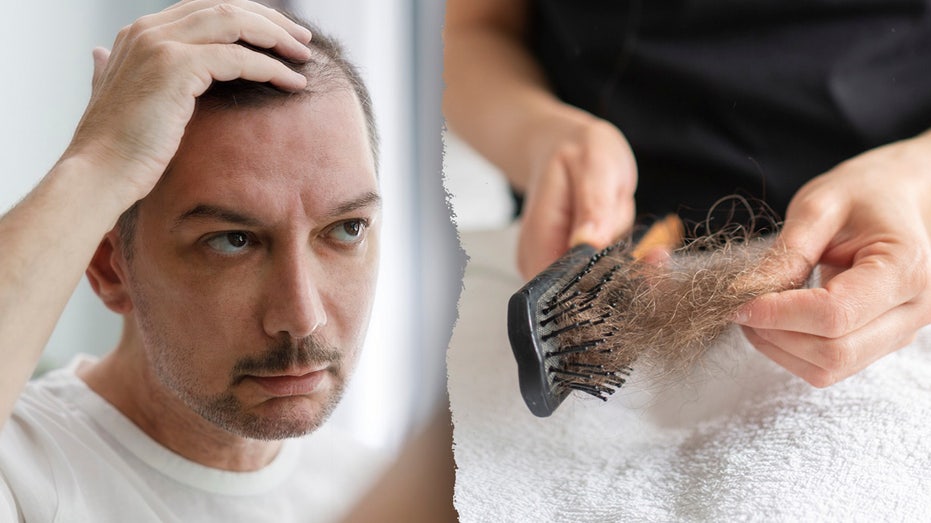Ozempic and Semaglutides Linked to Hair Loss: What You Need to Know

Sarah Johnson
April 4, 2025
Brief
Semaglutide drugs like Ozempic and Wegovy aid weight loss and diabetes but may increase hair loss risk, especially for women. Experts urge awareness and doctor consultation.
Semaglutide medications like Ozempic and Wegovy have gained immense popularity for their effectiveness in diabetes control and weight loss. But with great popularity often comes a catch, and in this case, it's hair loss.
While gastrointestinal issues are the most common side effects, a recent study by the University of British Columbia found that GLP-1 agonists—the category of drugs that includes semaglutides—might increase the risk of hair loss.
The researchers analyzed data from 16 million patients, narrowing it down to 1,926 semaglutide users and 1,348 users of bupropion-naltrexone, another weight-loss medication. After adjusting for other factors, they found semaglutide users were 50% more likely to experience hair loss compared to the other group. Women appeared to be hit harder than men, with double the risk.
According to co-study author Dr. Mahyar Etminan, anecdotal reports and clinical trials had already hinted at this outcome. Hair loss, it seems, isn't entirely unexpected for those shedding pounds with these drugs.
Dr. Patrick Davis, a Beverly Hills plastic surgeon and hair restoration expert, also chimed in, saying that rapid weight loss can impact hair growth due to diet changes, stress, and essential vitamin deficiencies. He noted that hair loss might be temporary, resolving as individuals stabilize at their target weight.
Still, the study highlighted a potential link between severe weight loss—more than 20% of body weight—and higher rates of hair shedding. Davis theorized this could be due to physiological stress, a common side effect of rapid weight loss.
For those worrying about long-term effects, there's some good news: hair loss caused by weight loss and stress usually subsides over time. But the study did have limitations; hair loss was identified through medical codes, not direct verification.
In clinical trials for Wegovy, hair loss was reported in 2.5% of treated adults versus 1.0% in placebo groups. While the rate is low, it's a consideration for potential users.
Experts recommend consulting a dermatologist if hair loss occurs while using semaglutide medications. "This is a relatively new adverse event," Dr. Etminan said, advising further studies to explore the reversibility of such hair loss.
Dr. Davis also emphasized the importance of discussing potential side effects with a doctor before starting any medication. He suggested a diet rich in fiber, protein, and nutritious foods to mitigate hair loss and prevent muscle mass loss during weight loss journeys.
While semaglutides continue to help many achieve their health goals, Novo Nordisk, the maker of Ozempic and Wegovy, acknowledged hair loss as a potential risk associated with their use. "Patient safety is of utmost importance," the company stated, underscoring its commitment to monitoring the safety profile of its products.
Topics
Editor's Comments
Hair loss as a side effect of weight loss meds is definitely an eyebrow-raiser. It's ironic that shedding pounds might lead to shedding hair, but hey, science has its quirks. It seems like this is one of those 'trade-offs' people need to weigh carefully—pun totally intended.
Like this article? Share it with your friends!
If you find this article interesting, feel free to share it with your friends!
Thank you for your support! Sharing is the greatest encouragement for us.



